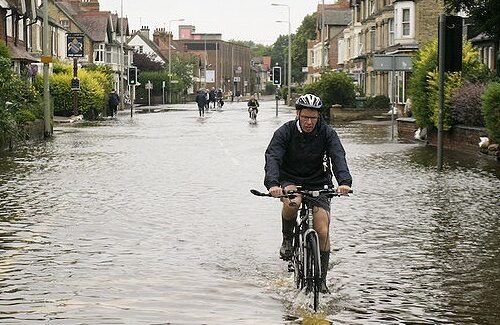
Summary: Independent assessment of UK climate risk
Background
On Wednesday 16 June 2021, the Climate Change Committee (CCC) published its third UK Climate Change Risk Independent Assessment (CCRA3). CCRA3 evaluates the key impacts that climate change could have in the UK and provides recommendations on how the country should prepare to adapt to these changes, setting out the priority climate change risks and opportunities for the UK. The CCC’s advice to the Government is presented on their website in a series of different outputs.
A series of themed and sector briefings has also been prepared to accompany the CCRA3, including a Business Sector Briefing that may be of most interest for non-executive directors and business leaders.
Key points
Summary
In summary, reducing greenhouse gas emissions is only one part of addressing climate change. Without appropriate action on climate adaptation, the UK will struggle to deliver both societal goals and net zero goals. The CCC’s recommendations provide a framework through which NEDs can address their companies’ adaptation plans and improve their own understanding of climate-related risks. This would mitigate financial loss, present potential business opportunities and see UK business leaders playing a vital role in the country’s urgent response to climate risk.



